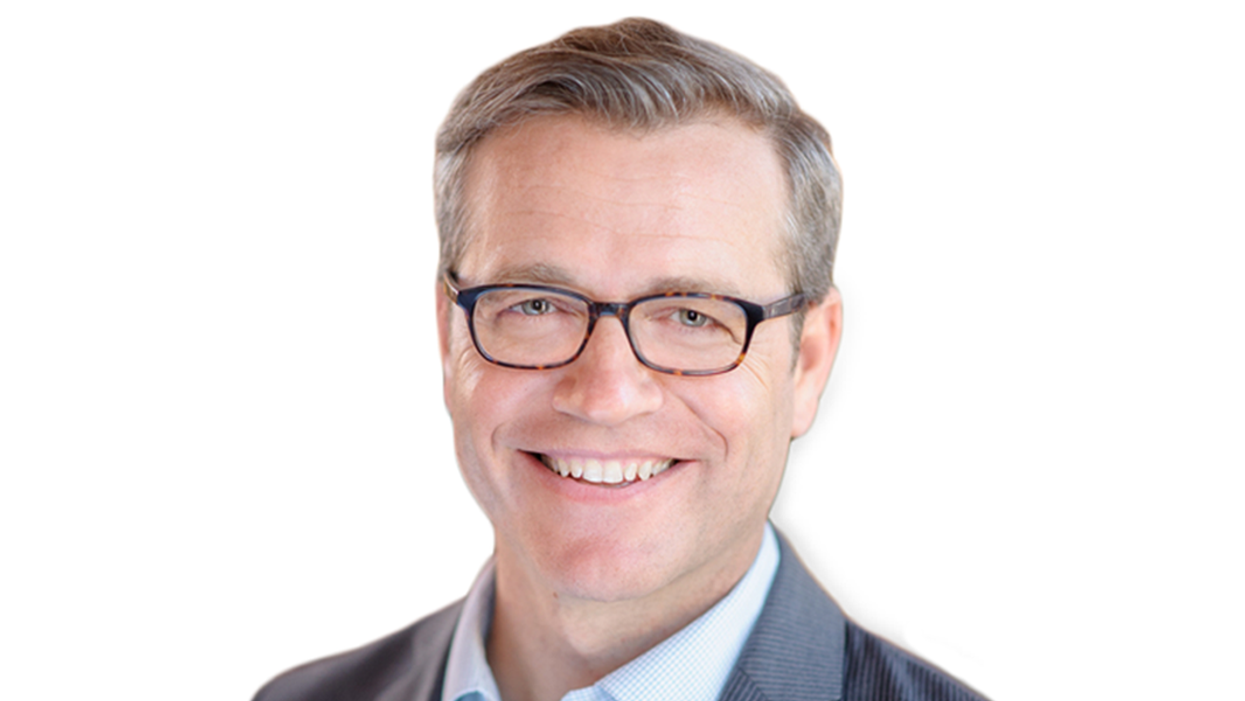Nevins is co-publisher of The Fulcrum and co-founder and board chairman of the Bridge Alliance Education Fund.
I had the wonderful opportunity to interview Nick Penniman on March 21 for the CityBiz “Meet the Change Leaders” series.
Penniman is founder and CEO of Issue One, an organization fighting to protect U.S. elections, lessen political polarization, limit the influence of big money over politics, and improve the ability of Congress to solve problems. The organization raises awareness about these issues and advocates for legislation and federal action.
Prior to founding Issue One, Penniman was the founder and executive director of the Huffington Post Investigative Fund, director of the Schuman Center for Media and Democracy, publisher of the Washington Monthly Magazine, director of the Alliance for Democracy, and an editor at various publications, including the American Prospect and the Lincoln Journal.
He is coauthor of “ Nation on the Take: How Big Money Corrupts Our Democracy And What We Can Do About It ” and writes and appears regularly in various media outlets. He serves on multiple nonprofit boards, including OpenSecrets, and is a trustee of St. Lawrence University.
Issue One had many impressive accomplishments in 2023.
- Arizona Secretary of State Adrian Fontes and Pennsylvania Secretary of State Al Schmidt, members of Issue One’s Faces of Democracy, testified before the Senate Rules and Administration Committee in a hearing focused on the ongoing threats to election administration. Both cited the need for Congress to adequately fund elections to help mitigate the impact of high turnover of election officials.
- Along with Project Liberty and the 5Rights Foundation, Issue One and the Council for Responsible Social Media helped launch the Safe Tech, Safe Kids campaign to push for a world in which young people and those who care about them have the tools, transparency, and agency they need to stay safe online.
- Issue One released a deep-dive investigation into the exodus of local election officials since the 2020 presidential election. “ The High Cost of Turnover ” was covered by dozens of national and regional media outlets.
- The organization hosted a fly-in during which two dozen current and former election officials from the Faces of Democracy program came to Washington, D.C., and met with the officials from the White House, Department of Justice, and Department of Homeland Security, and nearly 60 Republican and Democratic members of Congress to secure our country’s critical election infrastructure and protect election workers in advance of the 2024 election and beyond.
- It organized more than a dozen groups from across the political spectrum to call on presidential candidates to disclose their campaign bundlers.
- Issue One’s Council for Responsible Social Media worked closely with the Senate Judiciary Committee to hold a hearing on protecting our children online. The hearing featured three members of the council who highlighted the ways that social media platforms are designed to addict and monetize minors. The hearing signaled bipartisan support for congressional action that would protect the safety, privacy and well-being of youth online. Chairman Dick Durbin (D-Ill.) praised the council’s efforts from the dais.
- It helped lead efforts to create the Subcommittee on the Modernization of Congress within the House Administration Committee to continue the important work of the House Select Committee on the Modernization of Congress, which had over 100 of its bipartisan recommendations either fully or partially implemented.
Watch the interview to learn the full extent of Penniman’s remarkable work and perhaps you’ll become more civically engaged as well.
The Fulcrum Democracy Forum Meets Nick Penniman, Founder and CEO of Issue Onewww.youtube.com




















Trump & Hegseth gave Mark Kelly a huge 2028 gift